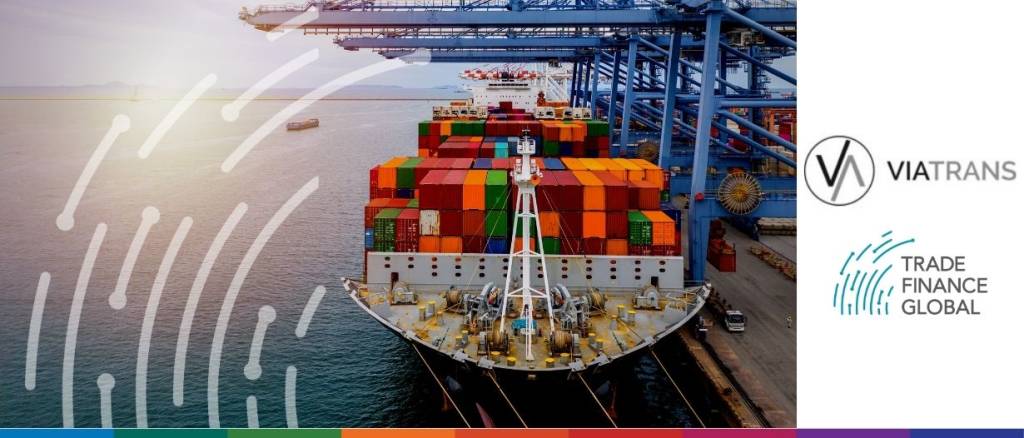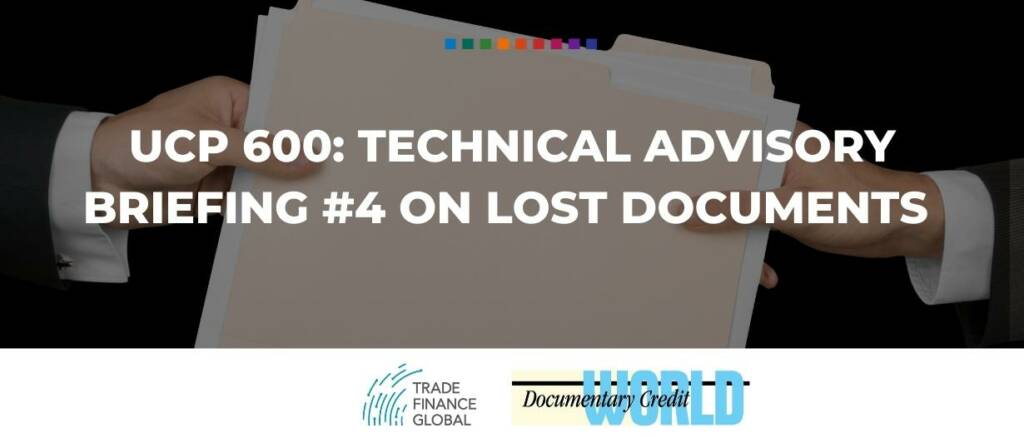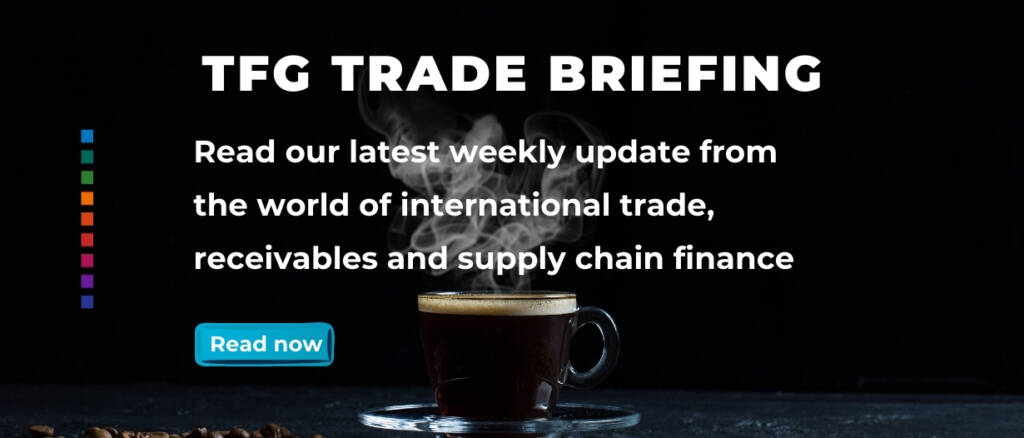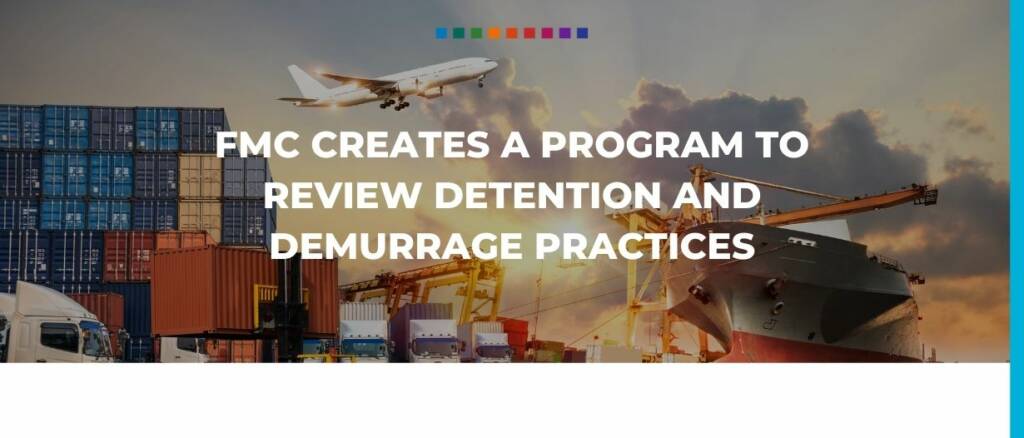To help demystify some of the greatest challenges facing the shipping and freight forwarding industry today, Trade Finance Global (TFG)’s Deepesh Patel spoke with Director of HR Maritime, Richard Watts.
Shipping containers are vital for shipping lines, which are availed to shippers (importers, exporters, customs agents, and freight forwarders) for safe and secure transportation of goods.
Since the UCP 600’s adoption in 2007, concern has persisted over what the Article 35 rule actually requires of an LC issuer if documents get lost in transit between banks.
Since the inception of UCP 600, trade finance professionals, in particular, the letter of credit community, have been discussing the need for and consequences of modifications and exclusions to the rules in commercial LCs issued under UCP 600.
Though you may be familiar with the terms demurrage and detention in the context of the container business, this article will be focusing on the process of laytime and demurrage in those cases where the vessel is chartered to move oil, chemicals, or dry bulk.
The impact of the March 2021 incident of the container ship M.V. Ever Given with around 18,300 containers onboard running aground in the Suez Canal has generated international attention and its consequences will continue to unravel for years to come.
Trade between Moscow and the EU increases by 2% year-on-year, CDC provides USD 50 million trade finance facility to bring liquidity to trade finance in Africa, FMC creates a program to review detention and demurrage practices, UKEF backs major offshore wind farms and ARRC formally recommends Term SOFR.
The Federal Maritime Commission (FMC) has created a new program that aims to review the detention and demurrage practices of ocean carriers. This is an effort to ensure all relevant… read more →
TFG spoke to CargoX about their Blockchain Documentary Transfer (BDT) programme, Advanced Cargo Information and Single Windows























